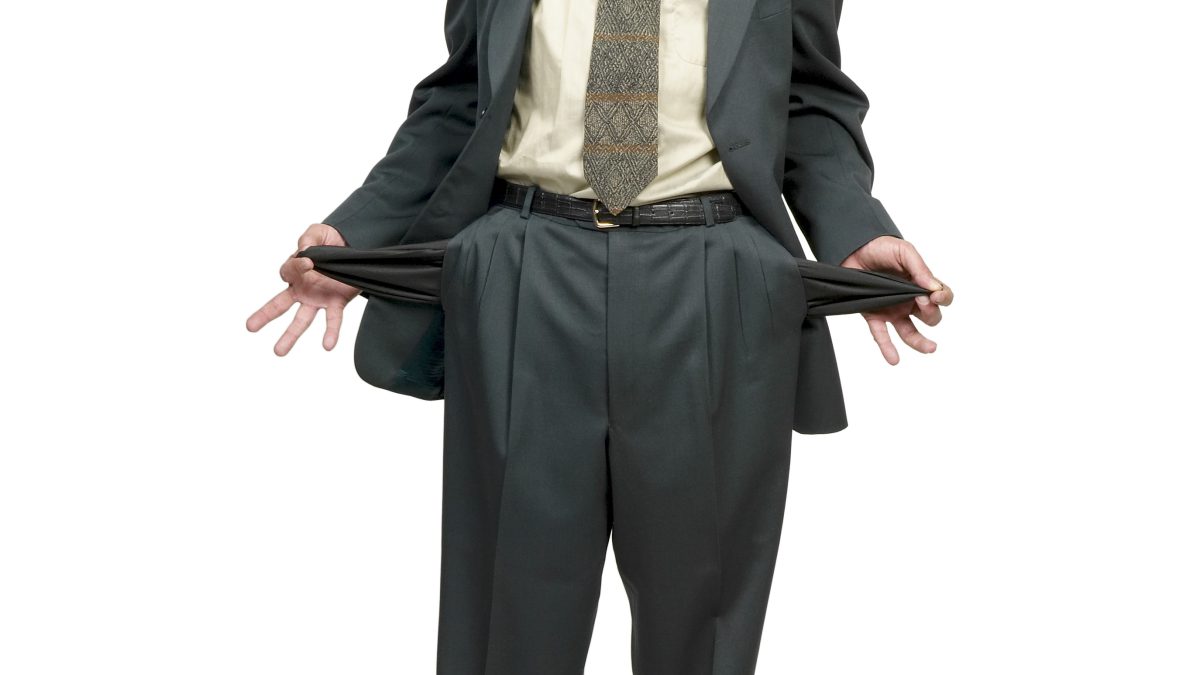Filing Bankruptcy and Its Effects on Personal Finances
Filing Bankruptcy and Its Effects on Personal Finances

Bankruptcy can create havoc with your finances, but you can recover.
Filing bankruptcy has been called the “nuclear option” when it comes to personal finances, because it creates dramatic and far-reaching effects. However, while the word “bankruptcy” still carries a stigma in some circles, in many cases it is the right financial move. If you’re overwhelmed by debt and have no feasible option to get out, bankruptcy might actually be the right answer for you. On the downside, there are no free rides when it comes to bankruptcy. While many debtors think they can simply file bankruptcy and be done with their creditors, you might be surprised to learn that when you file bankruptcy you may end up making up to five years of payments to your creditors. Bankruptcy will also damage your credit for years, and can end up costing you a significant amount in future interest payments.
Effect on Cash Flow
As a consumer, your two options for filing bankruptcy are Chapter 7 and Chapter 13. Each will affect your cash flow in a different way. Chapter 7 bankruptcy promises a “fresh start” by eliminating all of your eligible debt without any payments required to creditors. Eligible debt includes most credit card debt, medical bills and even income taxes that are more than three years old. Since you no longer have to make these debt payments, your cash flow can improve significantly after filing Chapter 7 bankruptcy.
Chapter 13 bankruptcy requires payments to creditors for either three or five years, depending on your income. If you make more than the median income in your state for a family of your size, you’ll usually have to endure a five-year plan. The courts generally require you to put all of your disposable income toward your creditor payments, so your free cash flow will be tight for the duration of your plan.
Effect on Assets
Chapter 7 bankruptcy can get you out from under your debts without a single payment to your creditors, but it may cost you some of your possessions. Under bankruptcy law, you’re allowed to protect a certain amount of your assets using exemptions, which vary from state to state. If the value of your property exceeds the exemption limit, you’ll generally lose the excess to your bankruptcy trustee, who will sell it for the benefit of your creditors.
If you need to protect valuable property, Chapter 13 might be a better choice for you. Under Chapter 13 law, all that you own is protected from creditors. Even if you live in a multimillion dollar mansion and have five yachts, you won’t lose any of your assets to creditors. Your property may become subject to seizure, however, if you do not meet the terms of your Chapter 13 payment plan.
Effect on Future Credit
By filing bankruptcy, you’re acknowledging that you can’t afford to pay off your debts, at least under your creditors’ current terms. As Jim Buck, an attorney based in Long Beach, California says, “This can make it hard for lenders to view you as a viable credit risk.” The result, he says, is that “filing bankruptcy can be problematic because in the future it makes you unlikely to qualify for the lowest available interest rate.” If you are able to get a loan or a new credit card soon after bankruptcy, you’re almost certain to face a high interest rate.
In terms of your personal finances, high interest rates can have far-reaching consequences. If you need a new car, you might not be able to finance it at an affordable rate. You might be limited to an older or less valuable car that you can pay off immediately with cash. If you’re in the market for a new home, it can be tough to get a mortgage for at least two years after you file bankruptcy.
Steps Toward Recovery
“Time heals all wounds, particularly when it comes to bankruptcy,” according to Buck. Your bankruptcy, whether Chapter 7 or Chapter 13, will remain on your credit report for 10 years. Over time, the negative effect of your filing will likely diminish, but anyone who runs your credit will see your bankruptcy for a full decade. The biggest contributors to your credit score are your payment history and the amount of debt you have, so if you can take out new loans or credit cards and pay them off on time, your credit score should improve.
There’s no magic bullet to make the effects of bankruptcy go away, and you should expect at least some negative ramifications from your inability to pay off your debt. However, positive credit behavior will slowly counteract the effects of your bankruptcy and help you get your personal finances back in good working order.
Quicken has made the material on this blog available for informational purposes only. Use of this website constitutes agreement to our Terms of Use and Privacy Policy. Quicken does not offer advisory or brokerage services, does not recommend the purchase or sale of any particular securities or other investments, and does not offer tax advice. For any such advice, please consult a professional.



